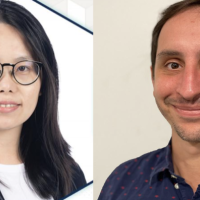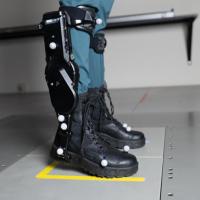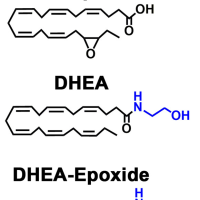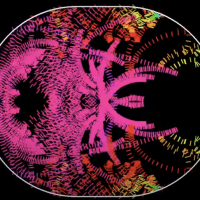2 min read
Georgia Tech researchers have joined a cohort of 125 early career scholars who represent the most promising scientific researchers working today.
2 min read
As Executive Vice President for Research, Abdallah is Georgia Tech's chief research officer.
1 min read
Researchers at Georgia Tech and Emory found wearable ankle exoskeletons helped subjects improve standing balance only if they activated before muscles fired.
1 min read
5 min read
Georgia Institute of Technology researchers have found a way to use small shocks of electricity to disinfect water, reducing energy consumption, cost, and environmental impact. The technology could be integrated into the electric grid or even powered by batteries.
1 min read
6 min read
DASI Simulations, uses AI and computer vision in its technology for personalized and more accurate heart valve replacement modeling.
4 min read
6 min read














